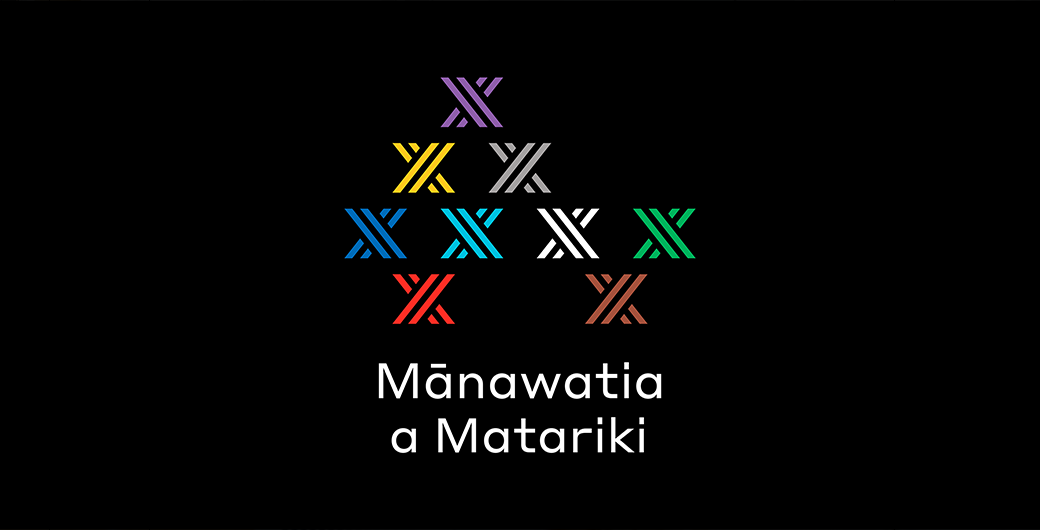
The festival of Matariki, celebrating the Māori New Year, begins on Saturday 29 June, and runs until 6 July.
Aotearoa New Zealand marks Matariki with a public holiday on Friday 28 June, as it has done since 2022. Matariki is the first public holiday in Australia or Aotearoa New Zealand to be based on a First Nations celebration.
Matariki is a holiday for all the people of Aotearoa New Zealand, and a special time for Māori living in Australia, with public celebrations and festivals that bring communities together, with a focus on food and Māori culture.
Matariki is the Māori name for the cluster of nine stars known in Europe as the Pleiades, which become visible in the Southern Hemisphere in June/July. Matariki follows a lunar calendar system and, just like Easter, changes date each year.
Matariki traditionally occurred after the harvest and was a time of relaxation and reflection. Traditions include songs, games, shared meals and offerings to the dead.
Modern Matariki celebrations are focused on three themes:
- remembering those who have passed
- celebrating the present
- planning for the future.
‘Matariki Heri Kai’ – The feast of Matariki is the theme for Matariki 2024, and MatarikiChief Advisor Professor Rangi Mātāmua says that all New Zealanders are:
‘Encouraged to view Matariki as a time to journey home, spend time with whānau and friends, and enjoy feasting on fresh, locally sourced produce’.
To help all people of Aotearoa New Zealand understand and connect with the Matariki holiday, the advisory board has divided the principles of Matariki into three categories: Matariki Hunga Nui, Matariki Ahunga Nui and Matariki Manako Nui.
Professor Mātāmua said the principles were about remembering those who have passed, celebrating the present and planning for the future, underpinned by values and activities like collectivity and sharing, environmental awareness and feasting.
Matariki can mean either ‘the eyes of god’ or ‘little eyes’, and while different traditions are practiced by different iwi (tribes), up to nine stars are acknowledged, each with its own association with some element of the natural world, or Māori culture.
- Matariki is the star that signifies reflection, hope, our connection to the environment, and the gathering of people. Matariki is also connected to the health and wellbeing of people and is also the mother of the other stars in the cluster.
- Waitī is associated with all freshwater bodies and the food sources that are sustained by those rivers, streams and lakes
- Waitā is associated with the ocean, and all food sources within it.
- Waipuna-ā-rangi is associated with the rain.
- Tupuānuku is the star associated with everything that grows within the soil to be harvested or gathered for food.
- Tupuārangi is associated with everything that grows in the trees: fruits, berries, and birds.
- Ururangi is associated with the winds.
- Pōhutukawa is associated with those that have passed on since the last rising of Matariki.
- Hiwa-i-te-rangi is associated with your dreams, desires and wishes, for the coming year.
Matariki is a great example of making First Nations traditions and culture central to a national celebration and ensuring that Māori are included in the ongoing story of Aotearoa New Zealand.
This year, Matariki celebrations will take many forms across Aotearoa New Zealand, and all peoples across the motu (country), have the opportunity to celebrate, show respect for the land they live on, and to share the Matariki tradition.
ANZSOG wishes you Mānawatia a Matariki (Happy Māori New Year) wherever you are celebrating.
